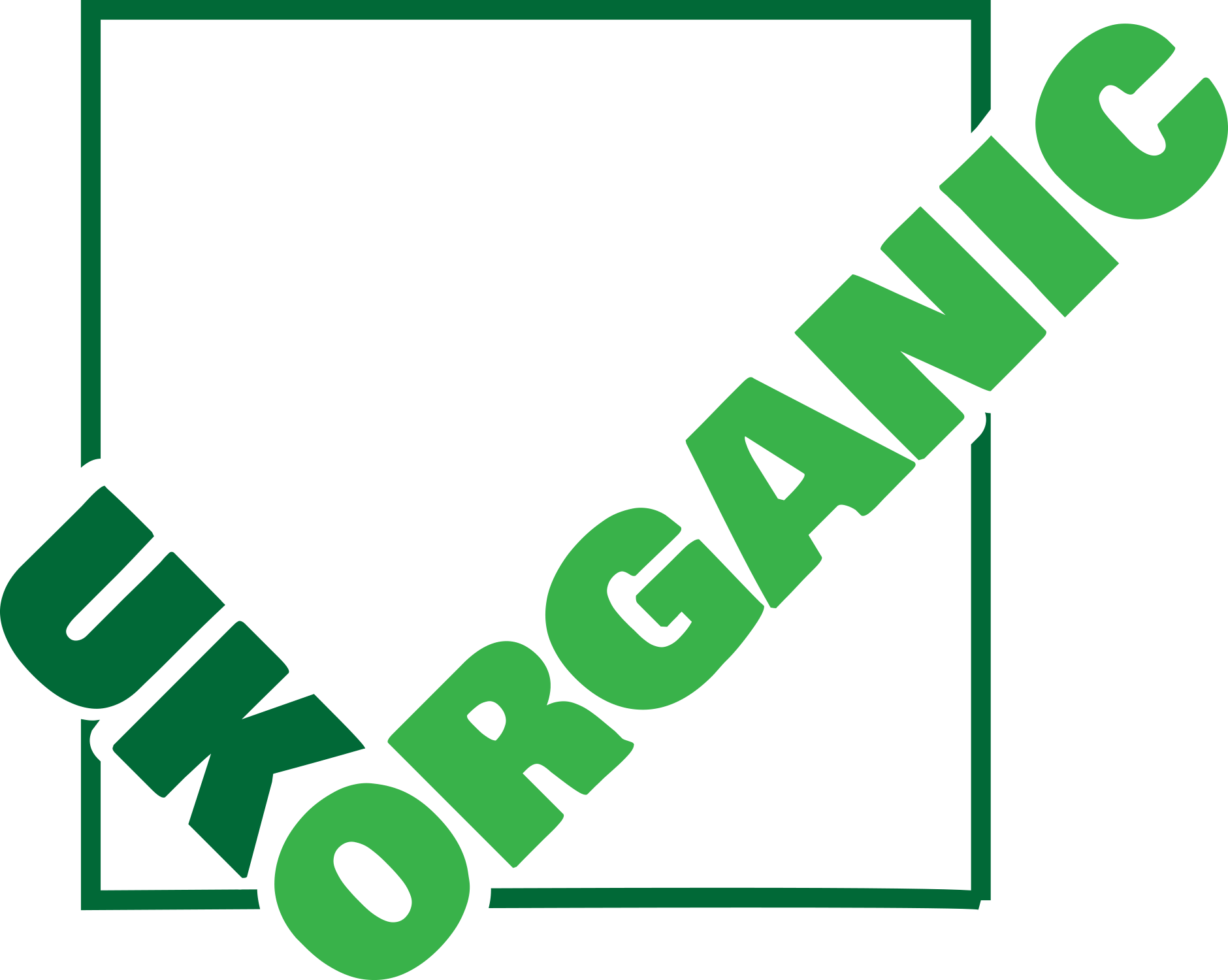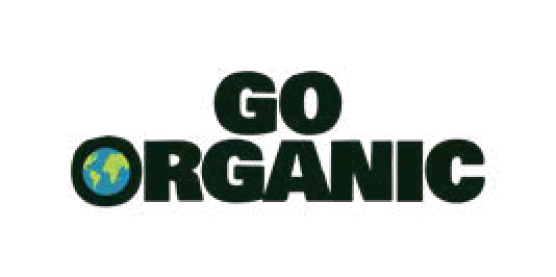
The National Trust recently published the results of a ‘full health check’ into the biodiversity, carbon levels and public accessibility of Wimpole Home Farm, their organic farm near Cambridge.
The farm has for 12 years focussed on farming sustainably using organic methods, in a way that works with nature, reflecting the conservation charity’s goals for farming approaches that benefit nature, deliver public good and are also profitable.
Overall in the UK we have seen farmland birds decline by a huge 54% since 1970 and between 2009-2014 bees and hoverfly populations declined by 31%.
It is also estimated that soil degradation in England and Wales costs the economy £1.2 billion a year.
Wimpole Farm is a 589 hectare (1,419 acre) organic mixed livestock and arable farm, and is the only farm run by the conservation charity, it conducts in-depth surveys over two years into farmland birds, invertebrates and soil health.
Key findings from the survey:
-
Breeding pairs of rare skylarks and linnets doubled in six years (from 12 to 21) – this is a good indicator of a healthy ecosystem.
-
The farm saw a 38% increase in invertebrate numbers over 13 years to include the recording of 95 rare and protected species which are vital pollinators and for pest control. Including a 30% increase in the number of butterfly species.
-
A total carbon balance of -2,260 tonnes of CO₂ per year achieved through the amount of organic matter in the soil which soaks up carbon as well a the number of trees and grown out hedges.
-
The farm provides access to the public – providing public goods with over 40k of public rights of way and permissive paths, enjoyed by over 350,000 visitors per year.
The organic field margins support on average, 30% more invertebrates than conventional field margins.

Callum Weir, farm manager at Wimpole
Organic profit
The farm yields were good with 142 tonnes of wheat produced from 369 hectares (912 acres) of the arable farmland. This is enough to make 200,000 loaves of bread, 123 tonnes of organic barley, enough to make nearly 1.5 million pints of beer and 126 tonnes of organic oats, enough to make 2.5 million bowls of porridge.
This resulted in an income of £294, 617 and £117,588 profit in 2019 for the farm (including subsidy payments).
Callum Weir farm manager at Wimpole said: “Many of the increases we recorded in the surveys are down to the combination of organic farming methods in the fields and the mosaic of margins, hedges and habitats that surround each field.
“That is not to say that organic farming is the only way to farm with nature. There are great examples of farmers across the UK who aren’t organic, but are still delivering massive benefits to the environment. Like many farmers, we dedicate areas of Wimpole to help biodiversity. For example, we sow a variety of plants including phacelia which has purpley blue flowers, clover and sainfoin, with its bright pink flowers which flower from early April right through to October. These attract and support pollinators and insects which have a vital role in the ecosystem.

“The survey results are vital to understanding how our holistic approach to farming at Wimpole is working. We want to farm sustainably at the same time as being a truly viable business and it’s fantastic to see how nature friendly farming and a profitable farm business, can go hand in hand.”
Professor Dave Goulson, invertebrate expert at Sussex University said: “The intensification of farming practises over the last 100 years, with the move to ever-larger fields, fewer crops, and lots of chemical inputs, has been a major driver of biodiversity loss. It is hugely heartening to see that farming doesn’t need to be this way; Wimpole shows that it is possible to have a highly productive, profitable farm without pesticides, and to simultaneously encourage biodiversity and capture carbon. The new Agriculture Bill could learn from this.”
Mark Harold, Director of Land and Nature at the National Trust said: “Sustainable, productive and profitable farming is underpinned by a healthy environment.
“Coronavirus has shown how important it is to have a resilient food and farming system. We know that climate change and sustainability pose the greatest threats to food security, as this year’s flooding and now drought have shown.
“The Agriculture Bill – and the principle of public money for public goods at its heart – is an opportunity to deliver this.
“At the Trust we are working to demonstrate that sustainable farming does work and that it is profitable.
“We have taken the risks, experimented and want to share our learnings with others. At Wimpole we’ve had to overcome particular challenges such as soil degradation, decreasing returns from farming and declines in farmland wildlife.

“With a focus on sustainable land management, wildlife and soil health can recover quicker than we might think.
“The story at Wimpole paints one of hope and optimism – and the Government’s forthcoming ‘environmental land management scheme’ will be crucial to replicating this across the farming industry, as will the new Agriculture Bill in prioritising government support for this scheme.
Together, these two mechanisms will ensure all farms have a sustainable future which will be good for the environment, good for farm businesses and good for people.”
The results from the survey were published the day before the second reading of the Agriculture bill int he House of Lords.
and Mark went on to say “It’s vital that its ambition and key public goods principles aren’t weakened. We also mustn’t see progress at home on sustainability undermined by food imports that don’t meet our standards: the Bill should therefore be amended to provide safeguards against this.”
Read more on the National Trust’s website here including the full results of their survey.


